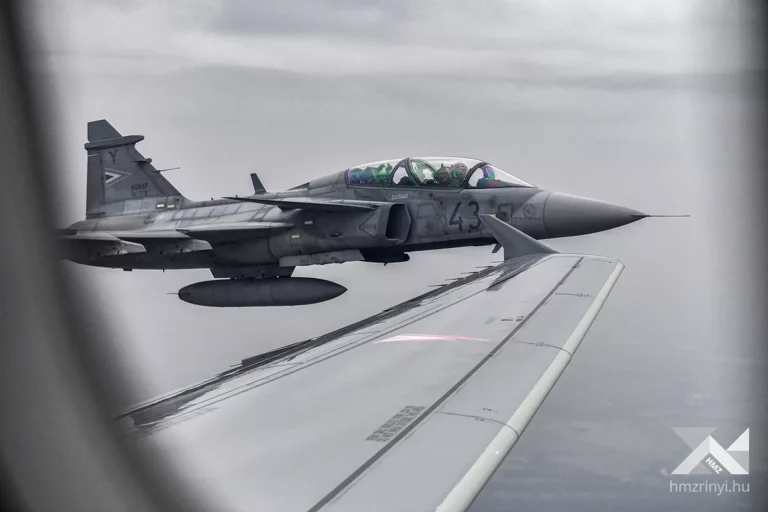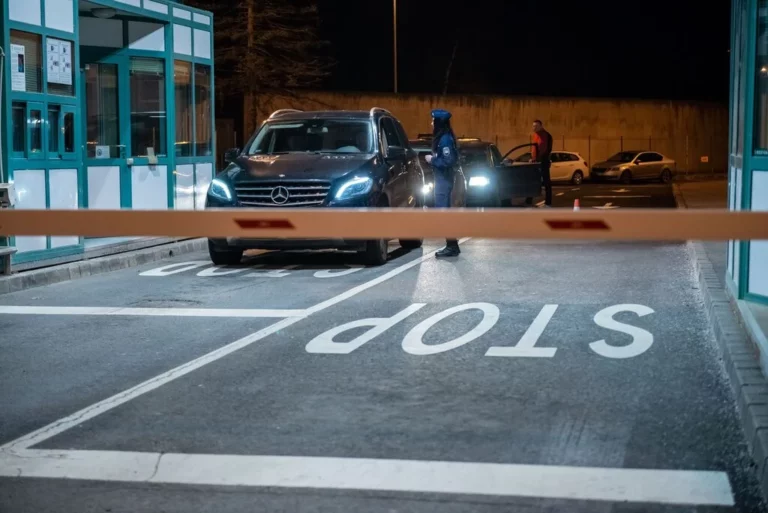Poland
Wizz Air flight makes emergency landing in Budapest – UPDATE

Countries bordering Ukraine reject grain imports

Hungarian minister: What we see is the makings of a European empire
Europe's future depends on increasing democratic control over institutions of the European Union, Judit Varga, the justice minister, told a...
Budapest beats surprising places on the list of most liveable cities
The list of the world's most liveable cities has been compiled once again. Unsurprisingly, Vienna has taken the top spot,...
Hungary wants Brussels to clarify need for more money from member states

Fidesz official: Hungary ‘stands by Polish friends’ in CoE

Fidesz: Attacks on Poland are constant

Hungary, Poland and Czechia will cooperate to defend Slovak airspace

Polish general would support Hungary’s exclusion from NATO

Orbán: European politics are full of ‘blah-blah’

Shame: Hungary has the strongest antisemitism in Europe
Bad news came out about Poland and Hungary's antisemite sentiments. According to a recent survey of ten European countries, more...
Tunisian man smuggled migrants to Hungary using inflatable boat

Flights from Budapest for the summer for pennies

Isolated Hungary? President Novák in cozy chats with Meloni, Macron, other EU leaders – PHOTOS

Polish-Hungarian friendship and brotherhood through history

Waclaw Felczak Institute director awarded high state honour

Border control will be re-established at these Hungarian border crossings

Bank of America: Forint is very popular, one of the investors’ favourites





 ZH
ZH IT
IT DE
DE HR
HR NL
NL FR
FR JA
JA RO
RO RU
RU ES
ES TR
TR
